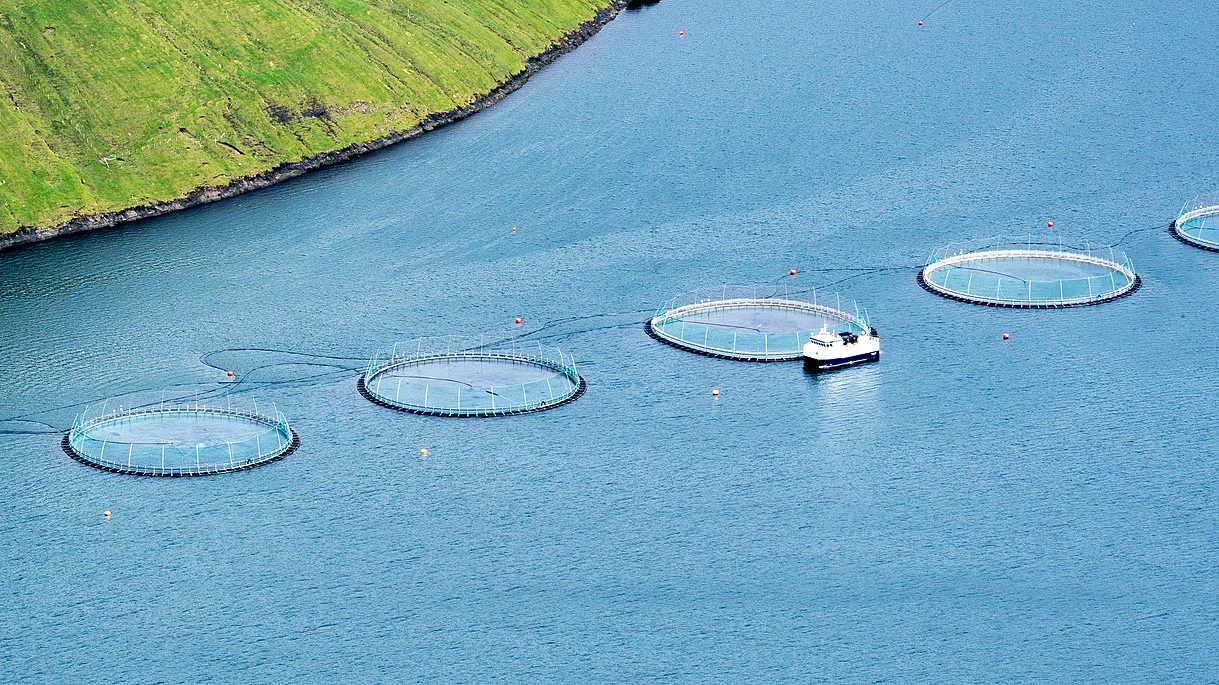Israel Turns to Genetic Modification and Aquaculture To Solve Food Insecurity
Sustainable fish farming and algaculture could play key role in world’s food crisis, Agriculture Ministry expert believes
Aquaculture and genetic modification could provide the basis for solving some of the world’s food insecurity problems in the coming decades, Israeli scientists believe.
By 2050, the global population is expected to reach 9.8 billion people, which will place food supplies under greater stress and will require the farming industries to become much more sustainable.
Aquaculture – the process of breeding and growing fish and plants in the water – could provide some relief.
This holiday season, give to:
Truth and understanding
The Media Line's intrepid correspondents are in Israel, Gaza, Lebanon, Syria and Pakistan providing first-person reporting.
They all said they cover it.
We see it.
We report with just one agenda: the truth.


“We believe that this is one of the best answers to this crisis,” Noam Mozes, head of the Marine Aquaculture Division at the Israeli Ministry of Agriculture and Rural Development, told The Media Line. “Fish farming and aquaculture in general – also algaes – do not require fresh water or arable land. They consume much less energy per kilogram of protein produced and release much less CO2 to the environment.”
Ahead of an inaugural conference taking place later this month in Eilat from October 18 to 20, The Media Line spoke with experts in the fields of animal genetics and aquaculture to find out more about the latest innovations and developments.
The International Summit on Food from the Sea and the Desert will feature officials and scientists from Israel and around the world.
“We have some research project with the Jordanians and we are now starting things with Aqaba,” Mozes noted. “We have a collaboration with Egyptian researchers, Moroccan researchers, and other researchers in the North African region. Recently, we have had activity with the Emirates and Gulf countries.”

